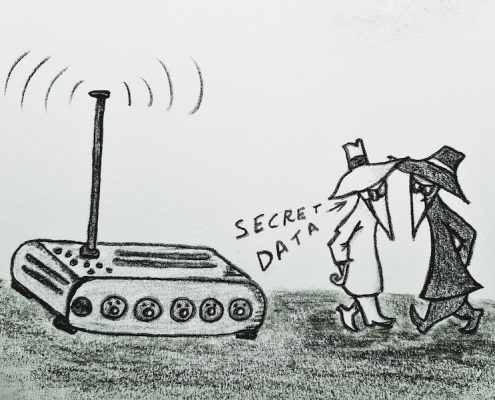Treason is a word we often see in the news and social media and, unfortunately, its use is often, well, absolutely incorrect. Therefore, to save writers the trouble and embarrassment of using the term incorrectly in a work of fiction, here’s the definition of treason, a definition that is quite easily found in the U.S. Constitution.
Treason and Espionage
“Treason against the United States, shall consist only in levying War against them, or in adhering to their Enemies, giving them Aid and Comfort. No Person shall be convicted of Treason unless on the Testimony of two Witnesses to the same overt Act, or on Confession in open Court.
The Congress shall have power to declare the Punishment of Treason, but no Attainder of Treason shall work Corruption of Blood, or Forfeiture except during the Life of the Person attainted.”
Please note the use of the word “only” in the first sentence. It’s there for a reason, to make certain there’s no misunderstanding. The treason law ONLY applies to those individuals who are levying War against them (the U.S.), or in adhering to their Enemies, giving them Aid and Comfort. That’s specific. Quite specific. There’s no wiggle room whatsoever.
Tried and Convicted
So how does one commit treason against the U.S.? Here are examples:
- In June 1947, Tomoya Kawakita, a U.S. citizen, was tried and convicted for the mistreatment and abuse of American POWs held by the Japanese during World War II.
- Mildred Elizabeth Gillars (aka Axis Sally) was convicted of assisting the Nazis by broadcasting propaganda on her radio show. She was an American employed by the Third Reich in Nazi Germany.
- Iva Ikuko Toguri D’Aquino (aka Tokyo Rose), was tried and convicted of treason for her propaganda radio broadcasts to American troops where American POWs were forced to participate in on-air propaganda messages.
- In 1948, Robert Henry Best, an American foreign news correspondent who covered events in Europe, was tried and convicted of treason after it was discovered he was a Nazi supporter and broadcaster of Nazi propaganda during World War II.
- Aaron Burr, third vice president of the United States, was charged with treason after the discovery of his plan to invade Mexico for the purpose of establishing an empire. Now that was an ambitious plan, for sure. However, Burr was a acquitted by Chief Justice John Marshall. In his ruling, Marshall said that to prove treason, “war must actually be levied against the United States … conspiracy (to levy war) is not treason.”

Spies often commit espionage.
Espionage
Remember Julius and Ethel Rosenberg, the couple who were prosecuted for giving atomic secrets to the Soviet Union? The pair was tried and convicted for their crimes, but they weren’t charged with treason because the U.S. and Russia were not at war when they committed their traitorous acts.
Again, the Rosenburgs were NOT charged with treason because the U.S. was NOT at war with Russia at the time. Sure, this occurred during the Cold War, but that’s not an actual war with bombs and missiles and soldiers fighting the enemy. Therefore, the Rosenburgs were instead charged with espionage (spying and/or transferring state secrets to a foreign government). The Rosenburgs were convicted and executed.
So, without going into a lot of detail (especially since details are not in any way available to any of us) and to help writers avoid a mistake, the charge of treason requires far more than a brief meeting to discuss juicy gossip. On the other hand, if Boris and Natasha were present and the U.S. was at actual war with another country, any country, and IF someone aided that country with their efforts against us in that war, well …
Collusion
To continue today’s lesson, Collusion is … click here to read the details.
*I ask that you please reserve political comments for another website or blog because this article is strictly for informational purposes. This is not an op ed piece about politics or politicians. Actually, I’m sick of seeing even one single word about politics (I avoid it at every turn. I do not read political blogs, articles, social media posts, etc.). I delete political comments, by the way. However, I absolutely welcome and encourage discussion. Just not about politics, religion, race, and any of the other hot button topics du jour.

Spies, they’re everywhere!


